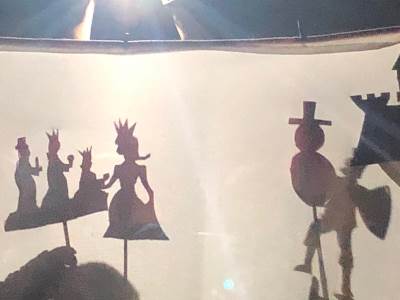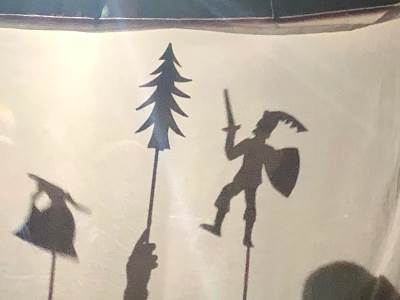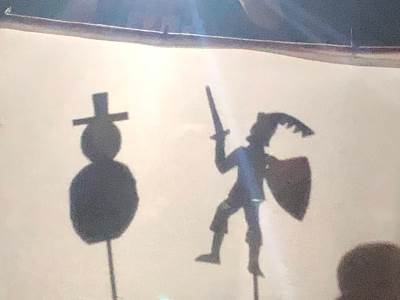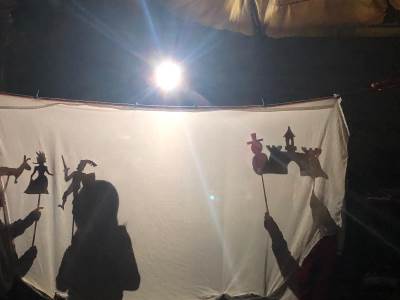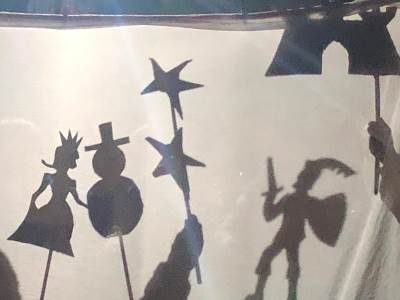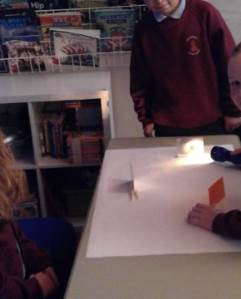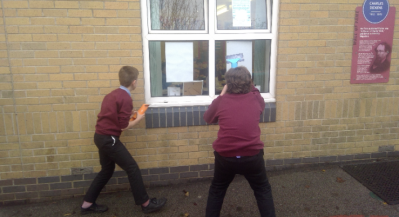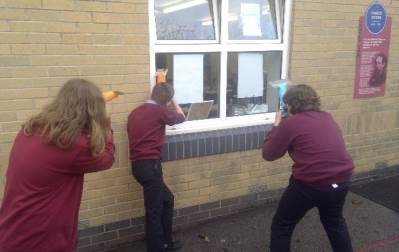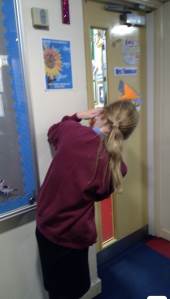Science
"What we know is a drop. What we don't know is an ocean."
Isaac Newton
Our Science Lead is Miss M Spencer
Science Intent
We give all our pupils the opportunity to discover a curiosity and interest in science by:
- Providing the opportunity, through practical and open ended scientific enquiries, for all our children to practise the skills required to be a scientist and work scientifically;
- Allowing our pupils to become knowledgeable in key scientific concept, ideas and widen their use of scientific vocabulary through the specific disciplines of biology, chemistry and physics;
- Developing confidence in science revealed as an ability to contribute and discuss their thoughts, test their own ideas and record their knowledge of scientific concepts and language in a clear and systematic way;
- Enabling our pupils to understand more about the history of science and the impact of scientists and their scientific discoveries on our world today and in the future.
Science Implementation
Science is taught on a weekly basis, for approximately 80 minutes. We follow clearly sequenced and progressive schemes of work created by our staff that are based on the National Curriculum objectives.
We have introduced devised key end points for each unit of the National Curriculum. Lessons and activities are devised to ensure their coverage and pupils will be assessed on these at the end of a unit of work.
Our high quality teaching is appropriately pitched and differentiated in order to respond to our pupils' diverse learning needs and overcoming potential barriers to learning, thus providing the opportunity for every pupil to achieve at
his/her level.
Specific substantive knowledge based concepts and its corresponding key end point, together with one of the following ways of working scientifically: observation over time, pattern seeking, identifying and classifying, fair test and research are taught in each lesson.
Lessons have a specific structure: an introductory activity that is linked to the main concept to be taught; a practical enquiry task will be set, where pupils work collaboratively to think, discuss, investigate, discover and then present their
ideas in written format often with diagrams or tables when data has been gathered and finally lessons conclude with a Big Book task (e.g. photos / summary) that demonstrates the pupils' understanding / thoughts of the scientific concept taught.
Most of the time, our pupils work in small groups, these can be ability based or mixed ability organised depending upon the nature of the task. Throughout the topic, initial topic spider diagrams / concept maps are revisited to amend existing ideas and make new links to show how our pupils' knowledge is growing.
After most lessons, pupils' work is marked according to the learning objective; sometimes constructive comments or questions are given for pupils to answer to allow them to develop their line of though or to clarify their understanding. House points are given to praise pupils for their work and to act as a motivator for future tasks.
On a weekly or fortnightly basis, the pupils will complete a short, written assessment task or question linked to Last Year, Last Term and Last Week to gauge their understanding and interpretation of the topics studied. Teachers will then use these (which are stored in a pupil’s individual science folder) together with end of units summative assessment tasks to help inform the planning and content of future lessons and in preparing annual reports to parents.
Science
Science Impact
Pupils enjoy science lessons, they are eager to work with their peers and share their thoughts / ideas with others. Our pupils can talk, some with more confidence, about science lessons they have engaged with, concepts taught and use correct terminology.
Our pupils are increasing applying skills needed to be scientists. They are able to apply their scientific knowledge to other areas of the curriculum e.g. history, geography and PSHE / RSE.
- Most of our pupils reach age-related expectations by the end of the academic year; we use iTrack to record individual progress by highlighting levels achieved for scientific themes, ways of working scientifically and an end of the year overall level for the subject.
Our pupils recognise the importance and impact of science in their everyday lives.
These are some of the websites we use to support our planning and teaching of science:
Oak National Academy: Science lessons for Key Stage 2 students - Oak National Academy (thenational.academy)
BBC Bitesize Science: https://www.bbc.co.uk/bitesize/subjects/z2pfb9q
STEM: https://www.stem.org.uk/primary/resources/collections/science
WOW ( Games, Activities, Videos): https://wowscience.co.uk/

